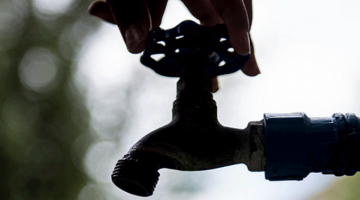THE African Development Bank (AfDB) in partnership with the government has availed funds for renewable energy sources in a move aimed at improving potable water accessibility for vulnerable communities.
This was revealed by the United Nations International Children’s Fund (Unicef) in its latest report where it indicated that already over 1.8 million have been reached to date.
“The AfDB through its Transition Support Facility (TSF) has supported the funding and implementation of alternative water sources for vulnerable communities reducing the need for children to fetch water and the risk of such diseases as diarrhoea,” noted the report.
“61 solar powered piped water schemes have been established,164 boreholes rehabilitated and 15 new water points constructed, reaching over 854 975 people.”
As if that is not enough, the organisation availed 10000 WASH hygiene kits including those meant for people living with disability and HIV/AIDS.
“In total over 1.8 million people were reached with health and hygiene messages among other projects.”
The gesture by Unicef comes at a time, different parts of the country have been grappling with cholera and typhoid outbreaks in the past with the Covid-19 pandemic sharpening the need for access to essential services including water, especially for vulnerable households.
“In recognition of the growing impact of climate change on the vulnerable, AfDB also partnered with government and civil society organisations including Oxfam, Welthungerhilfe, GOAL, Africa Ahead and the Zimbabwe Red Cross Society to mount a response to Covid-19,” the report further highlighted.
It also added that the introduction of a locally based solarised piped water scheme has provided a pumped supply of safe water close to the community.
Water accessibility has over decades been a huge challenge mostly to communities in rural areas owing to recurring droughts driven by climate change.

